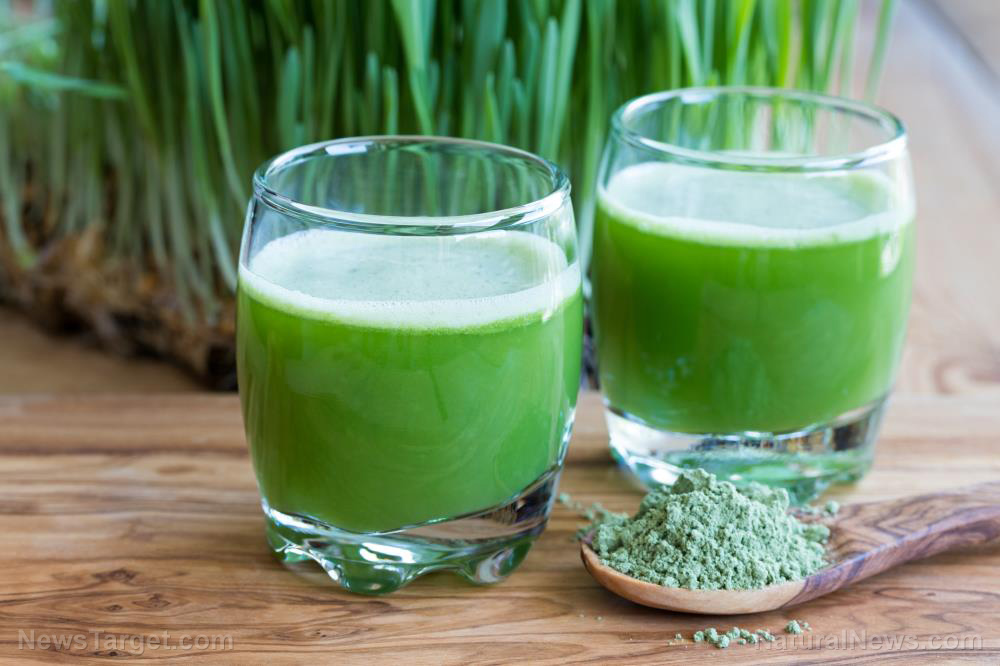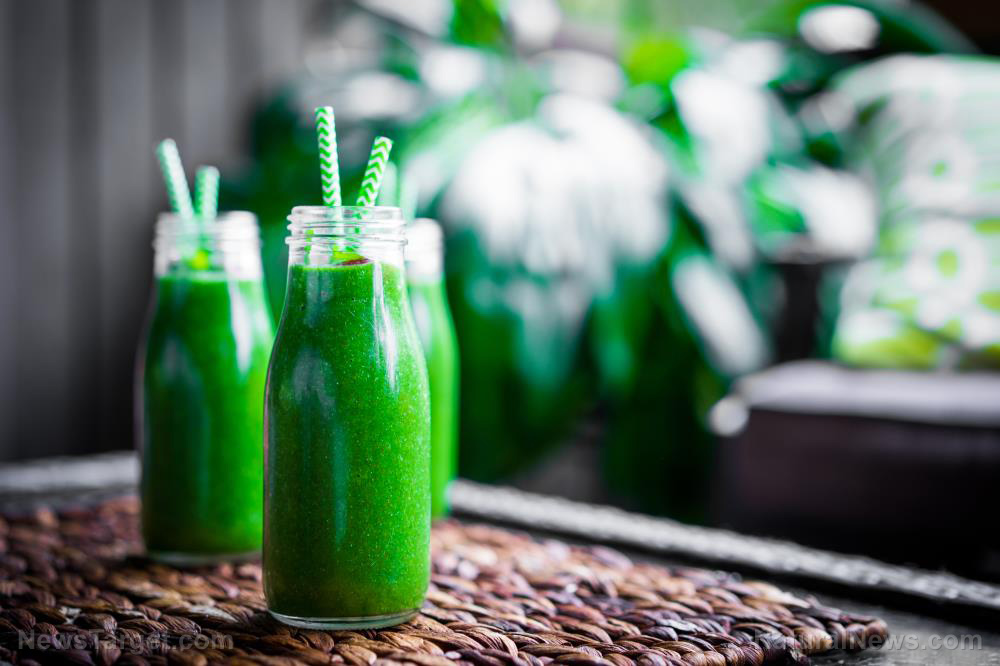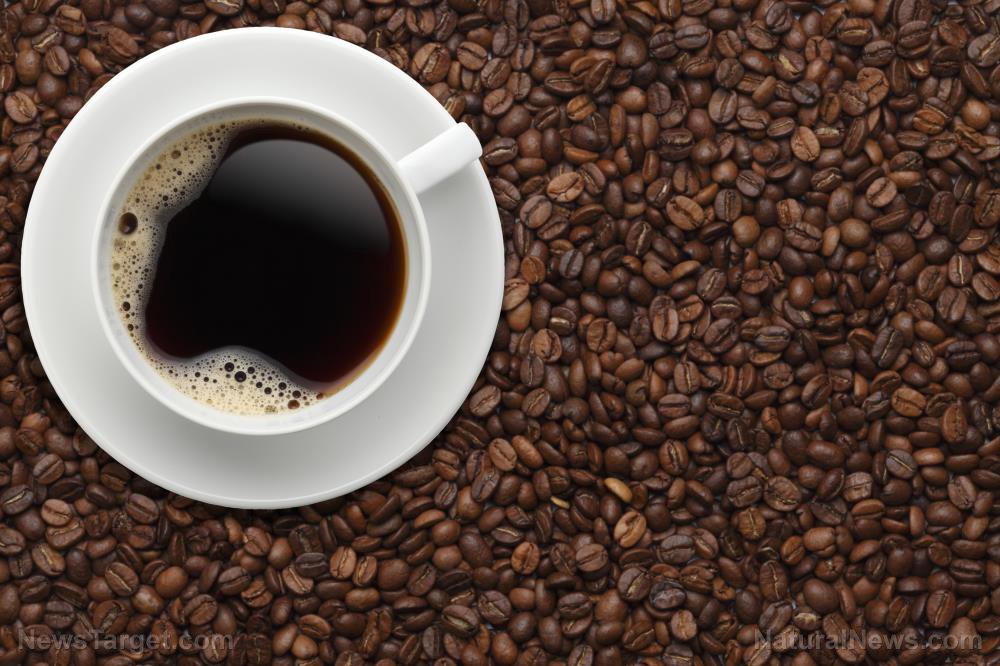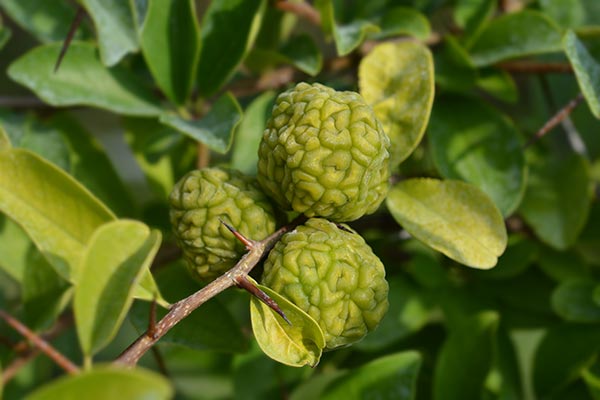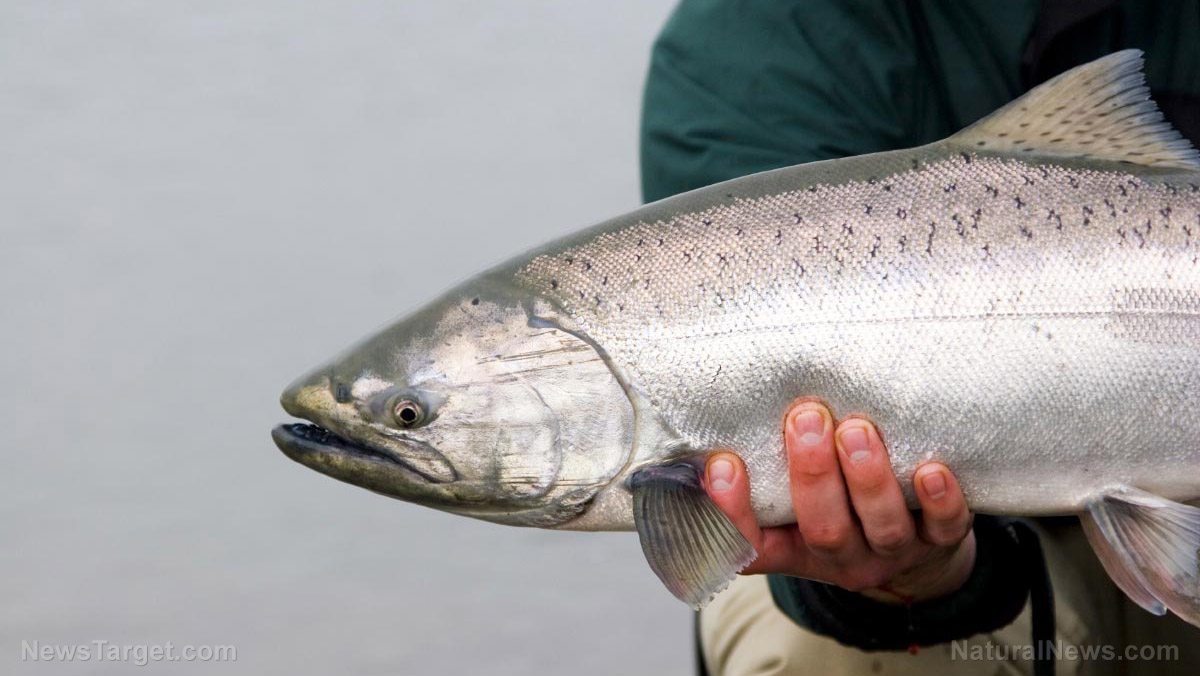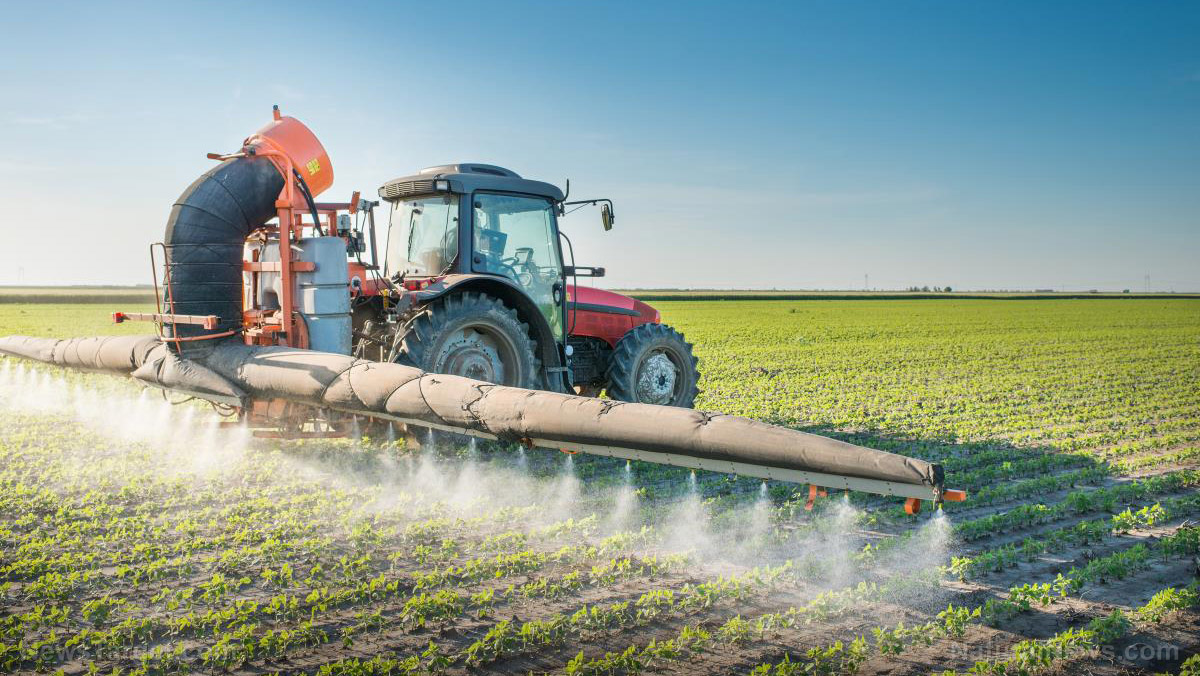New Washington state bill takes aim at bottlers looking to tap local water supplies
02/24/2020 / By Arsenio Toledo
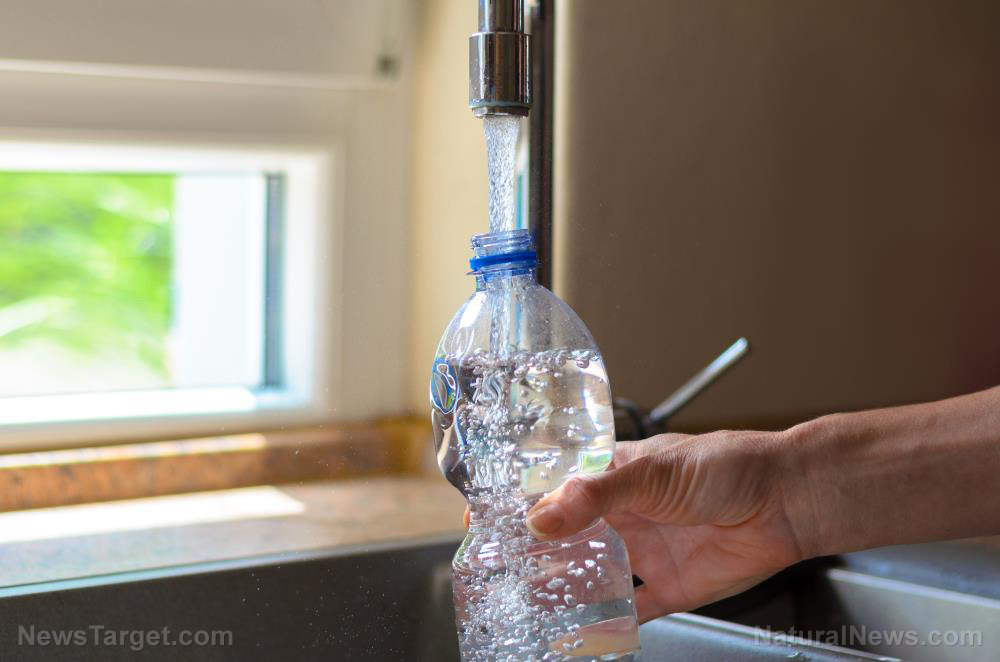
The Cascade Mountain Range extends from British Columbia in Canada through Washington State, Oregon and Northern California. This beautiful mountain range supplies a lot of freshwater not just to the state of Washington but also to the rest of the United States. This freshwater is now under threat from corporations that want to bottle up the water and ship it out for their personal profit.
The Washington State Senate wants to make sure the state’s natural resources remain within the state. They just passed a bill, SB 6278, titled “Concerning water withdrawals for commercial bottled water production” 28-20 (28 Democrats for, 19 Republicans and 1 Democrat against) that aims to ban new permits for water bottling operations. While it still needs to pass the Washington House of Representatives, if signed into law, the bill will go into effect retroactively. It would apply to all new permits filed after January 1, 2019.
Water health campaigners around the state have hailed the passage of the bill, declaring it a breakthrough. “Washington State is carving the path towards a groundbreaking solution,” said Mary Grand in a statement. Grand is the director of Food & Water Action’s Public Water For All campaign. “This legislation… would ban one of the worst corporate water abuses – the extraction of local water supplies in plastic bottles shipped out of watersheds and around the country.” (Related: Coca-Cola rolls out a recycled bottle made with a tiny fraction of all the plastic waste the unethical corporation has dumped on the world.)
Corporations continue to profit off and poison the water
Bottled water is the most popular packaged beverage product in the US by volume. But residents of places where the water is sourced aren’t too happy with the businesses. In Southwest Washington, the company Crystal Geyser has been pumping and packaging 400 gallons of bottled water every minute. SB 6278 would affect their operations, making them pack up and leave the state.
The bill recently went through its first reading in the Washington House of Representatives on February 20 and is currently in committee. It’s scheduled for a public hearing in the House Committee on Rural Development, Agriculture & Natural Resources on February 26. The language of the legislation specifically dictates that “any use of water for the commercial production of bottled water is deemed to be detrimental to the public welfare and the public interest.” This is happening across the country, and many local activists have been warning state officials that the bottling companies may end up depleting many local aquifers.
“I was jolted to the core to realize the depth and breadth and magnitude of how they have lawyered up in these small towns to take advantage of water rights,” said Washington State Senator Reuven Carlyle in an interview. Carlyle, a Democrat, is the primary sponsor of SB 6278. “The fact that we have incredibly loose, if virtually nonexistent, policy guidelines around this is shocking and a categorical failure.”
Washington’s proposal isn’t unique. Both Michigan and Maine have also introduced legislation aiming to place restrictions on bottled water companies and to protect their states’ respective freshwater from commercial use. Local ballot measures protecting natural water resources have also passed in Montana and in Oregon, which has also scrapped a deal to open a plant with Nestle, citing environmental concerns. In Florida, an online petition specifically targeting Nestle garnered more than 83,000 signatures and aimed to stop them from bottling water in Ginnie Springs.
According to the Center for Environmental Law & Policy, water bottling companies have taken a keen interest in setting up shop in Washington state. The establishment of these plants would allow Washington’s water to be taken not for the benefit of the people, but of the corporations that may not give back to the communities they take the water from.
“Washington’s waters belong to the people of Washington,” they said in a statement.
Sources include:
Tagged Under: Bottled Water, clean water, environment, plastic bottles, Restrictions, Washington, water health, water supplies, water supply
RECENT NEWS & ARTICLES
COPYRIGHT © 2017 FOOD SCIENCE NEWS

